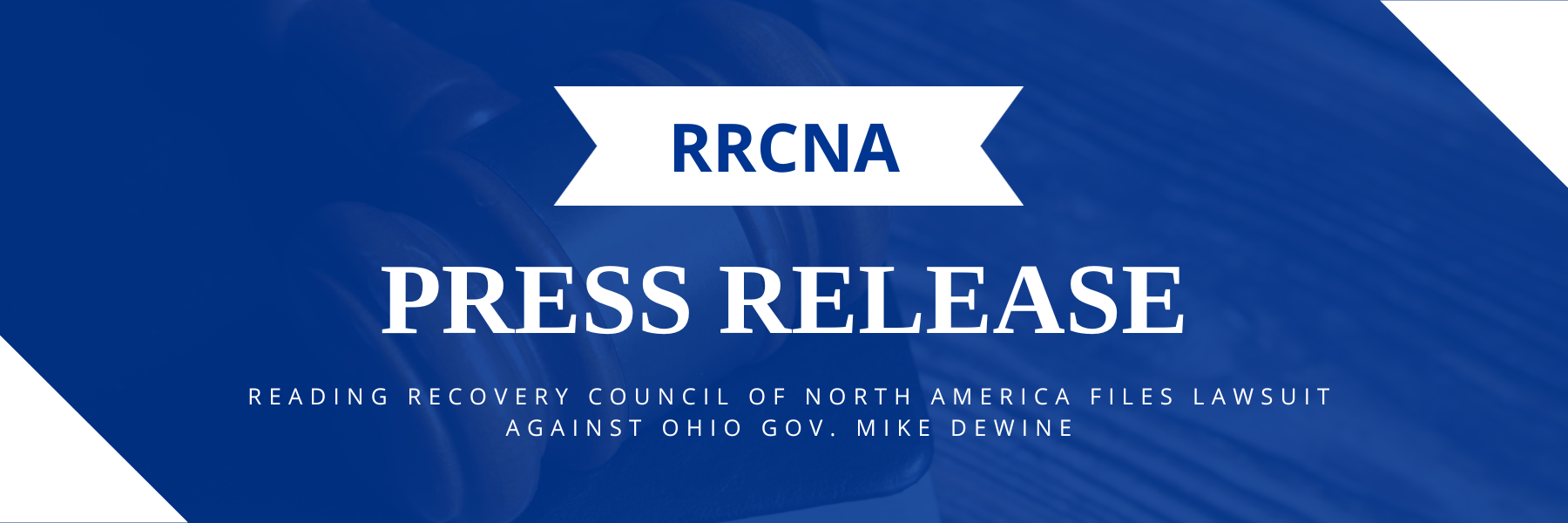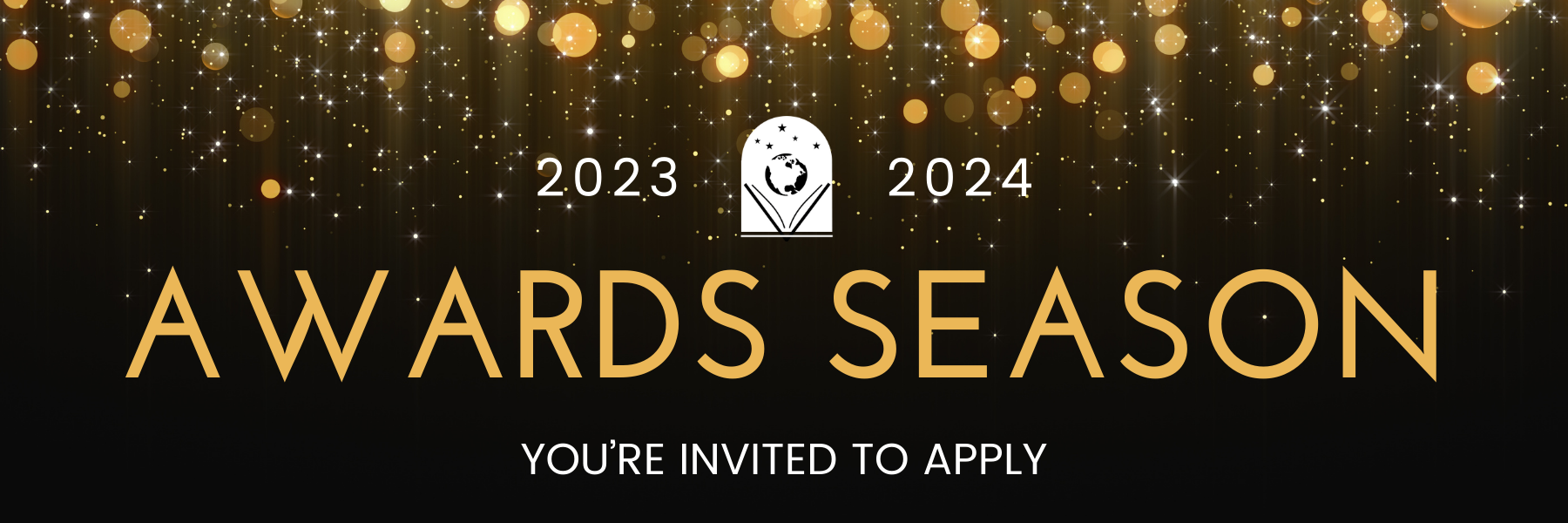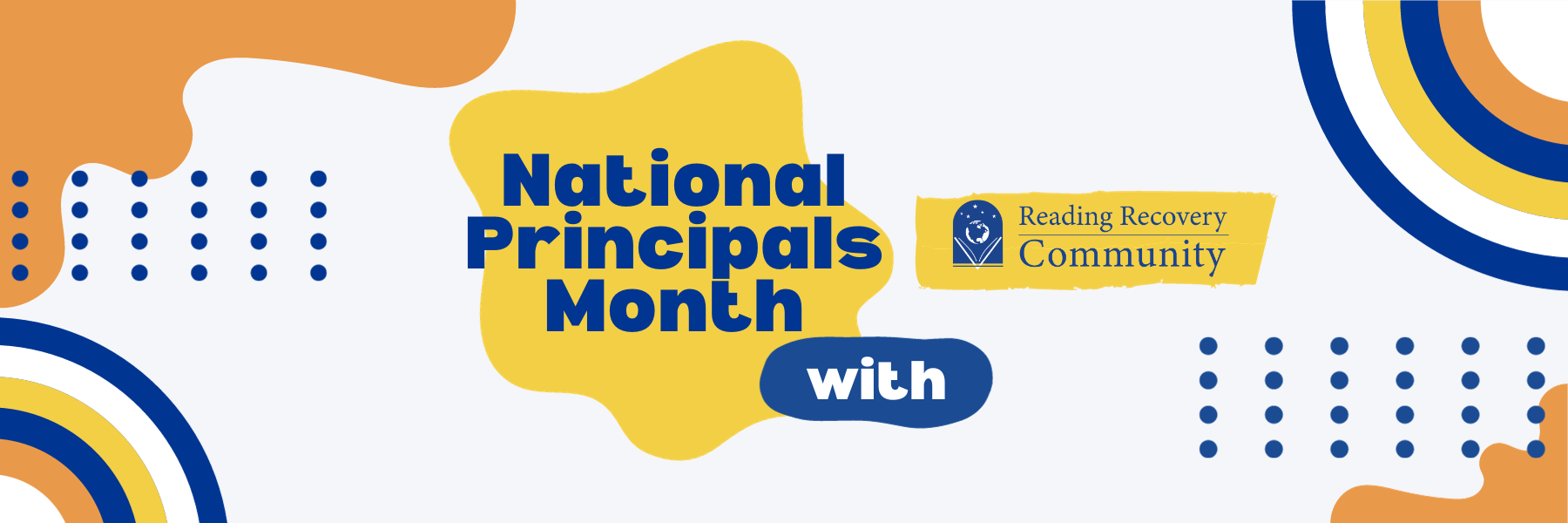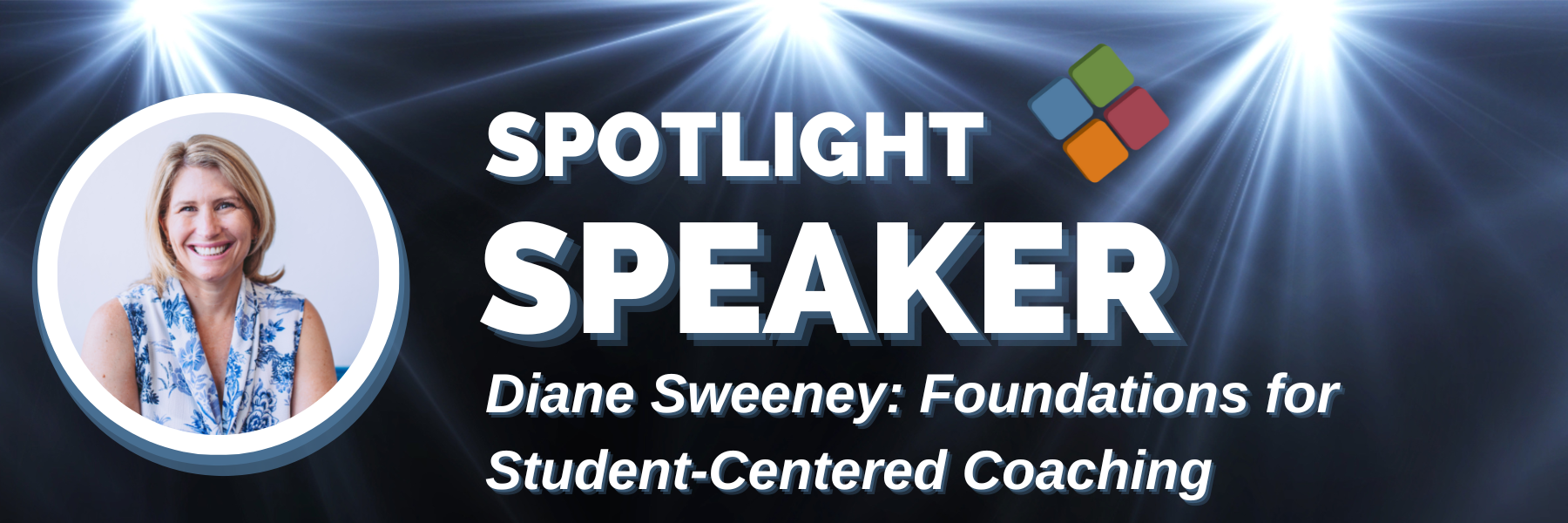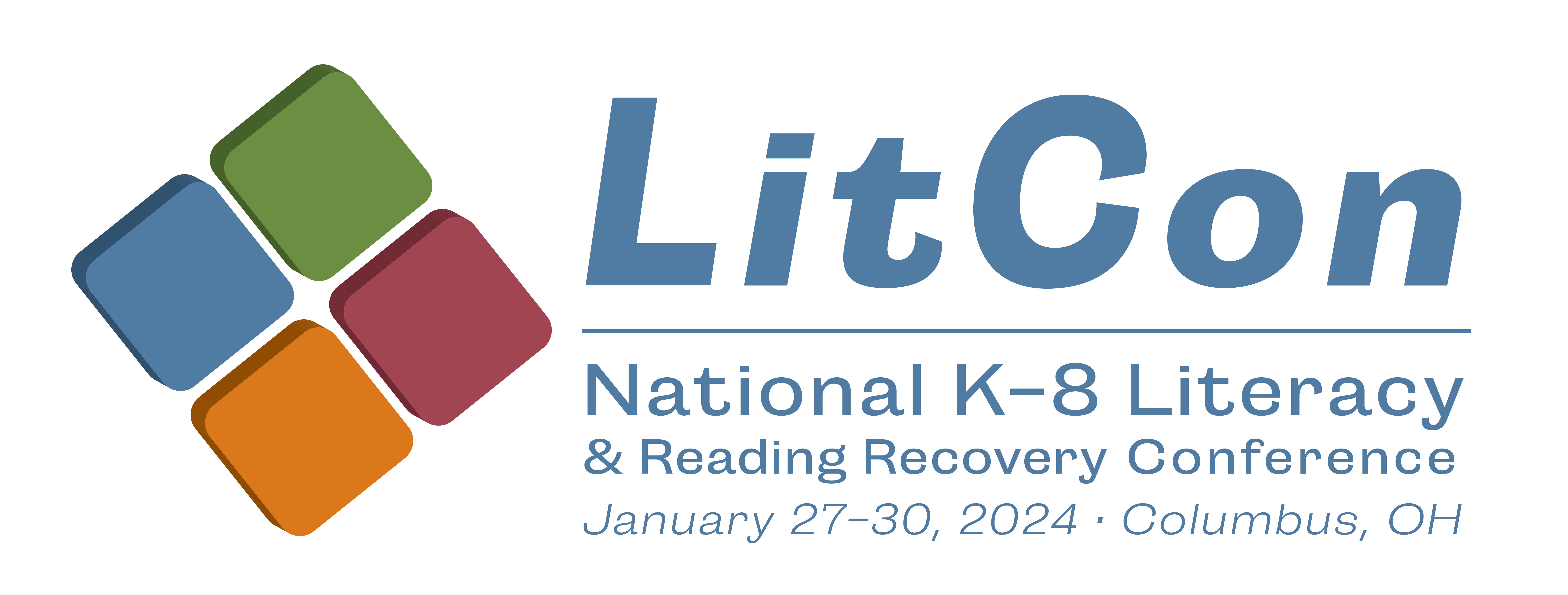Press Release
Wednesday, October 18, 2023
FOR IMMEDIATE RELEASE
Reading Recovery Council of North America files lawsuit against Ohio Gov. Mike DeWine
COLUMBUS, OH — In a move to stand up against government overreach, the Reading Recovery Council of North America (RRCNA) has filed a lawsuit against the State of Ohio and Governor Mike DeWine (R-OH) for signing into law Ohio House Bill 33.
The bill, passed in July 2023 in the guise of a budget bill, also contained a host of educational mandates, most notably legislation that purports to dictate certain methods of literacy instruction allowed in Ohio schools. The Literacy Curriculum Statute (ORC 3313.6028) effectively outlaws Balanced Literacy and the “three-cueing approach” in favor of phonics-first instruction, misnamed by proponents as the Science of Reading (SOR). The Statute could impact the use of Reading Recovery, a highly successful literacy intervention that has been scientifically proven as effective by both the U.S. Department of Education’s What Works Clearinghouse and Evidence for the Every Student Succeeds Act.
“Educators have long debated how best to reach students, but when an educational practice has scientific evidence supporting it, a legislative enactment that prohibits the practice suggests motives entirely outside of educational best practices,” said Dr. Billy Molasso, Executive Director of RRCNA. “It is important to note that three-cueing is not a method of literacy instruction at all, but rather an acknowledgment of some of the sources of information the brain uses to solve unknown words by using phonics in addition to context and syntax. In attempting to set classroom educational policy, the legislation displays a complete misunderstanding of literacy acquisition, which is best left to practitioners and has no place hidden within a 6,000 page budget bill.”
Ohio’s “single-subject rule” specifies that while a budget bill may designate funds to support policy decisions, it does not, and cannot, set policy. The lawsuit argues that the Literacy Curriculum Statute is a policy-driven mandate disguised as a budget bill, and is therefore unconstitutional.
Additionally, the Ohio Constitution allocates the setting of curriculum policy to the State Board of Education, not the Governor. Before its passage, educators pushed back both on the contradictory language within HB 33 and the dubious value of the Science of Reading movement, which lacks peer-reviewed studies and is contested by many literacy experts worldwide. Education experts cite a range of issues with SOR programs: their one-size-fits-all structure lacks the flexibility to differentiate instruction for multilingual learners and other vulnerable populations. Some educators even argued the bill’s ambiguous language around three-cueing would prohibit even basic reading instruction in Ohio classrooms. Their pushback was largely ignored.
“The Ohio General Assembly was sold a story on the value of the science of reading movement and ignored the expertise of dedicated Ohio educators and literacy researchers. RRCNA will fight for evidence-based reading instruction as defined by educators and research, not politicians and corporate interests,” said Molasso.
ABOUT THE READING RECOVERY COUNCIL OF NORTH AMERICA
The Reading Recovery Council of North America (RRCNA) is a not-for-profit association of Reading Recovery professionals and education partners. More than 2.3 million struggling first graders in the United States have benefitted from the one-to-one teaching expertise of Reading Recovery professionals. The intervention, introduced to North America in 1984 by educators at The Ohio State University, has more evidence proving its effectiveness than any other beginning reading program. Learn more at www.readingrecovery.org.

